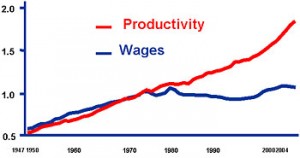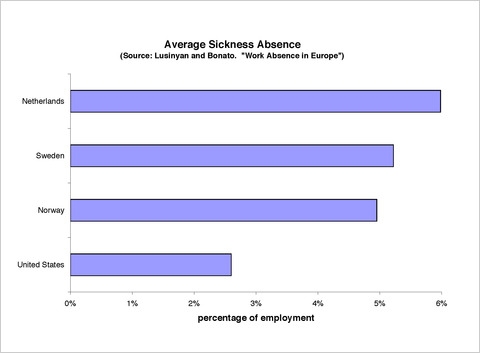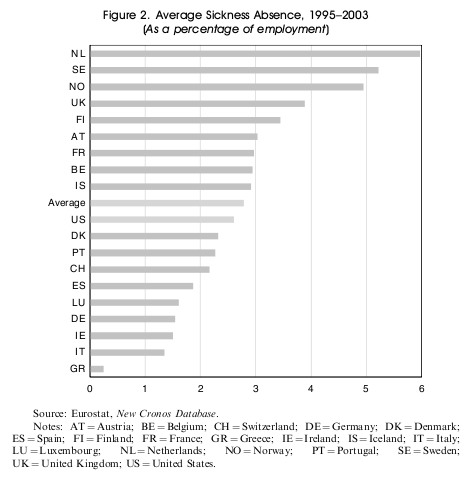The Queen of Fairies caught me
Halloween was once a night of real fright, when the dead and the fairies walked close to us. How did that work?
And pleasant is the fairy land,
But, an eerie tale to tell,
Ay at the end of seven years,
We pay a tiend to hell,
I am sae fair and fu o flesh,
I’m feard it be mysel.
But the night is Halloween, lady,
The morn is Hallowday,
Then win me, win me, an ye will,
For weel I wat ye may.
Just at the mirk and midnight hour
The fairy folk will ride,
And they that wad their true-love win,
At Miles Cross they maun bide.”
This from the ballad of Tam Lin, which, if you don’t know, you should go and listen to now. Now while the song is running, there is no trouble believing the story, or at least in suspending disbelief. The defiance of Janet to her father is more vivid to me than almost anything any living woman has said. But at the same time I find that modern hallowe’en, the children’s festival with dressing up and sweets, not all of them poisoned, is wholly impossible to take seriously.
So why are witches and fairies real within the confines of the song, and absurd when children play at them? It seems to be an example of a more general question: why is the absurdity of other people’s beliefs immediately apparent to us and yet entirely invisible to them? (We ourselves, of course, hold no absurd beliefs, whoever we are. Anyone who thinks otherwise is dangerously deranged.)
The best answer that occurs to me is that the difference is made by participation – if you like, by playing along. Children believe in the particular game they happen to be playing. Of course, they understand, as we do, that the world could be otherwise, and the game might stop. Hence the delicious thrill of a game that breaks that rule, and becomes real. But the point that the world might be otherwise, and that the game might end, actually testifies to its reality while it lasts.
Giles Fraser once said to me, in an entirely different context, that all sorts of people who can’t bring themselves to say the creeds will sing them happily enough. He’s right. The two activities are profoundly different. The song is not the same as the lyrics read out loud, and this is true even if it has no accompaniment. Choral or just collective singing is different again – a point that’s obvious if we look at the completely secular activity of football chanting: on Saturdays the terraces of North London are full of otherwise respectable men singing things about opposing players that they would find literally unspeakable at work on Monday morning.
So the way to understand the spread of Halloween is not as a spread of beliefs, but of a set of games, or little dramas, if you will. To get hung up on the apparent content of the game is to make a kind of category mistake: year after year, a certain kind of evangelical will announce that Halloween is a festival of evil; year after year, they fail to understand that the child who plays at being a witch is much closer to becoming a Christian or to understanding any kind of religion than the one who never plays at anything at all.
But it’s not just evangelicals who get this kind of thing wrong. I do it myself all the time, most recently when mocking the Anglo-Catholics; for the answer to the question “How can they believe these ludicrous things?” is that they act them out. They feel their beliefs are true because they are embedded in a structure of ritual, both inside and outside church. Their words are given content by their actions. Without the actions, the words mean nothing. This sounds like a vaguely moral exhortation but it is just a plain fact. Without action, we couldn’t understand the meaning of any words at all.
When the Christian says they believe in order to understand, this sounds to the atheist like an abdication of responsibility. But in fact is is a recognition of necessity. There is a sense in which we can’t understand the beliefs we don’t act on. That’s why playing is so important. By pretending to act, we gain a sort of understanding — which is why I believe that Queen of Fairies will look at Tam Lin tonight and say “Had I known, Tam Lin, what this night I did see. I would have plucked out both your ey’en and put in two of tree” — at least I will believe it while the music plays.
 Following up on my earlier
Following up on my earlier  Obama’s more bitter opponents have come up with yet another “clever” way of calling for his assassination. You’ve probably heard this part already, but bear with me. What’s this Psalm 109:8 business?
Obama’s more bitter opponents have come up with yet another “clever” way of calling for his assassination. You’ve probably heard this part already, but bear with me. What’s this Psalm 109:8 business?  This time, though, my sister introduced me to
This time, though, my sister introduced me to 

